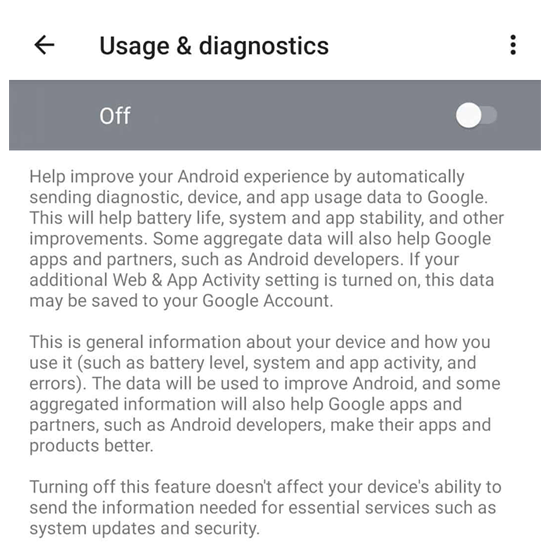
Just like Apple and Microsoft, Google has the ability to provide both the platform and the apps to run on the platform.
While Google has the total control of its platform, it's not a good practice for a platform holder to exploit that advantage to makes its apps compete better with other apps running on its platform. This can be considered a not fair play, anti-competitive, and frequently the sources of antitrust complaints.
And here, according to a report from The Information, Google has been doing just that on the Android platform it controls.
Google is said to collect usage data of competitors' apps, and store that data inside what is called the 'Android Lockbox' service, in order to inform business decisions regarding its own apps.
The data is collected with the user consent and anonymized, but does not require the consent of third-party app developers.
Google said that it is using this usage data to provide features, such as personalized experience and prioritizing the most-used apps for battery management, for example. But The Information said that it also provides data for competitive research.
The Information said that Google used the data inside this Android Lockbox when attempting to launch competing apps, like a TikTok rival for users in India.
Google also reportedly monitored the use of competing email apps on Android, as well as popular social media apps like Facebook and Instagram.
For its part, Googe didn't confirm or deny whether it had used the data in this way, but said that the data was freely available to app developers.
“Since 2014, the Android App Usage Data API has been used by Google and Android developers who have been authorized by Android OEMs or users to access basic data about app usage—such as how often apps are opened—to analyze and improve services,” said a Google's spokesperson.
This app usage information, according to the spokesperson, is “obtained solely via this API”, and may be used to allocate battery power to frequently-used apps, for Google’s Digital Wellbeing features, and to improve app discovery in its Play Store.
“The API doesn’t obtain any information about in-app activity and our collection of this data is disclosed to and controllable by users,” the spokesperson said.

But the problem is, third-party app developers can only see their own data, whereas Google has a comprehensive view of all apps that run on Android.
And of course, that data is a lot wider with a lot more data points, meaning that Google can get a fuller picture of user patterns, more than anyone else on the platform.
Google could use this massive trove of information to improve its products or to discover potential business opportunities.
As the owner of a platform, Google certainly has the ability to do whatever it wants, by giving the whatever policy it thinks is right.
But the practice of spying on others' data in order to benefit itself, is not considered a fair play, meaning that Google is indeed anti-competitive in this case.
This issue is similar to Amazon’s use of sales data from third-party products on its platform to decide whether and when to release its own competitive brand.
"European consumers are increasingly shopping online. E-commerce has boosted retail competition and brought more choice and better prices," said EU's Commissioner in charge of competition policy, Margrethe Vestager, when investigating Amazon for the same behavior.
"We need to ensure that large online platforms don't eliminate these benefits through anti-competitive behavior. I have therefore decided to take a very close look at Amazon's business practices and its dual role as marketplace and retailer, to assess its compliance with EU competition rules."
Governments around the world, especially in the U.S. and in Europe, have been eyeing on large tech companies for their power and their monopoly in the market. There is also an increasing scrutiny of anti-competitive practices in the U.S..
And as for Google, the company has already racked up billions of dollars in fines from antitrust decisions in the past. So this case and whatever the outcome, isn't anything new for the tech giant.